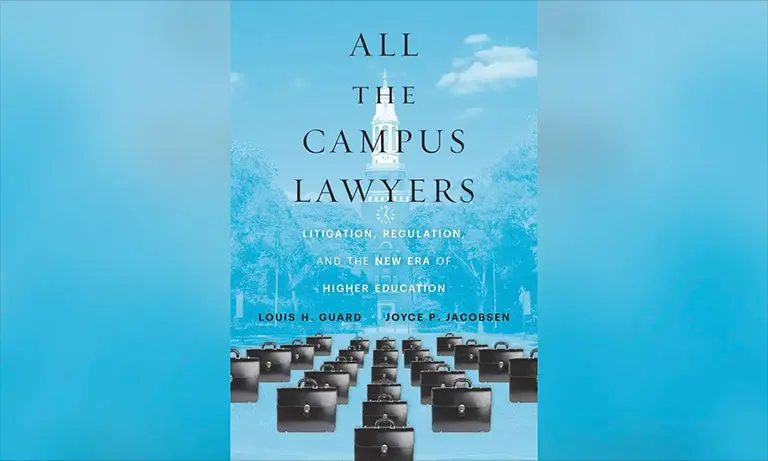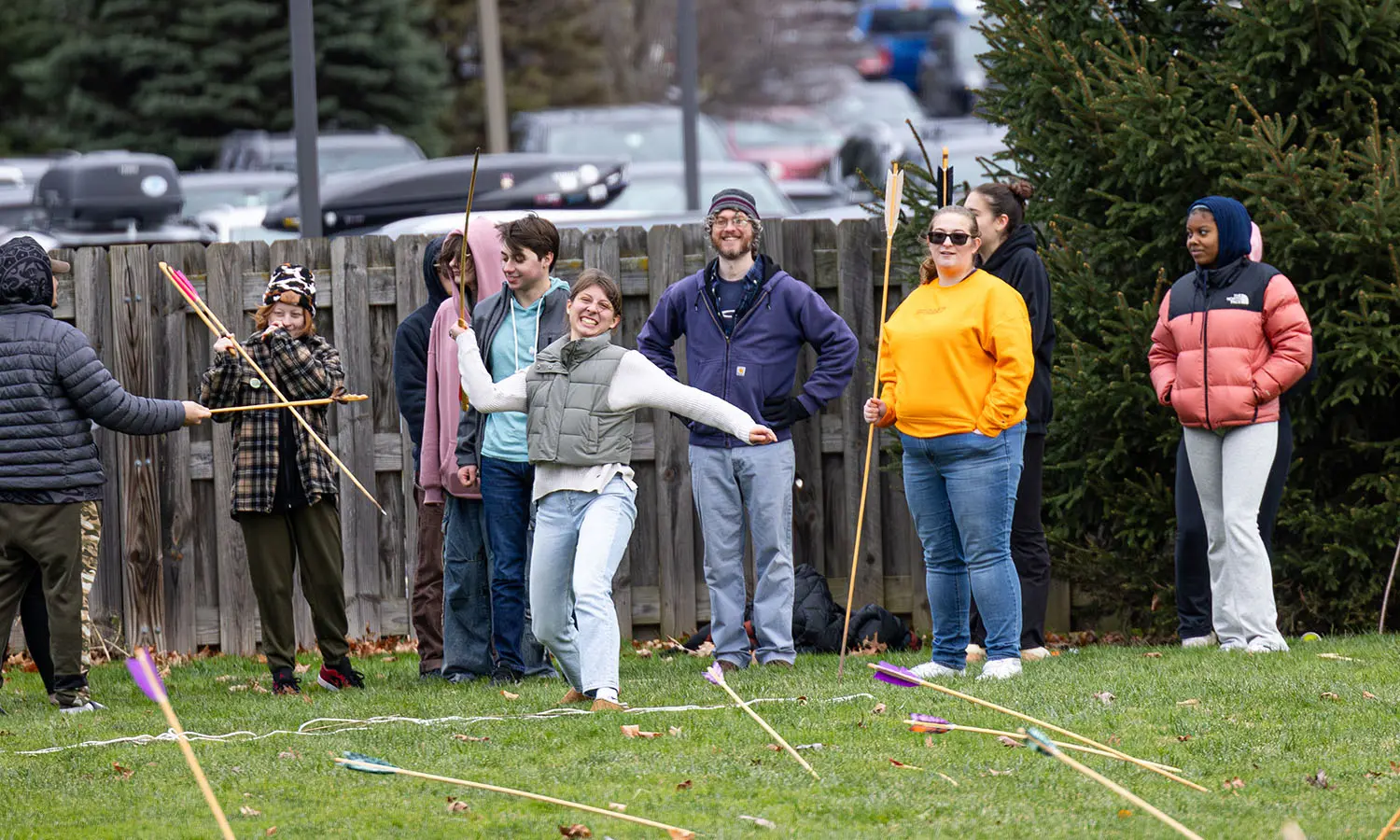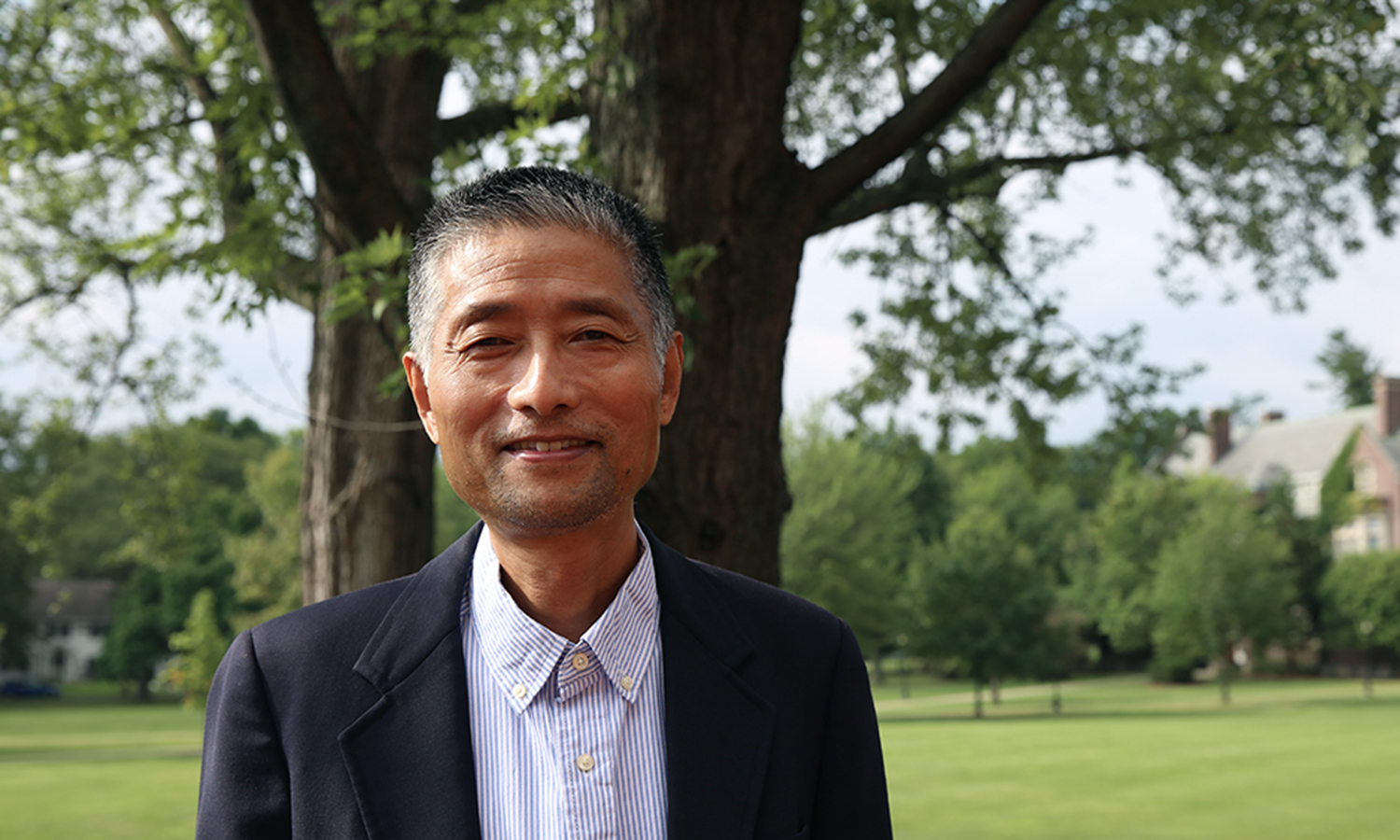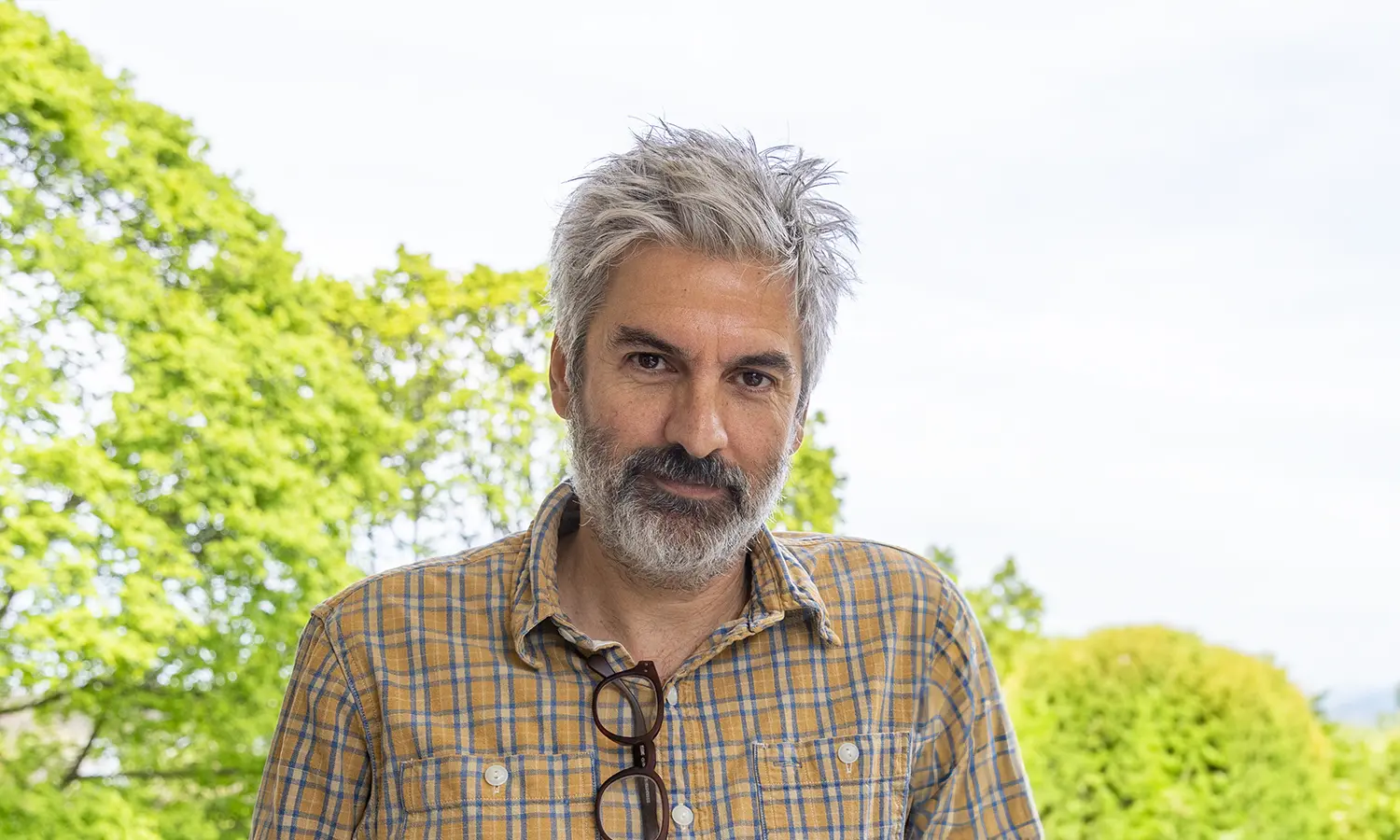
HWS News
15 May 2024 • Faculty The Enlightenment and Original Sin
Professor of History Matthew Kadane’s new book offers a novel interpretation of one of the most important periods in European history.
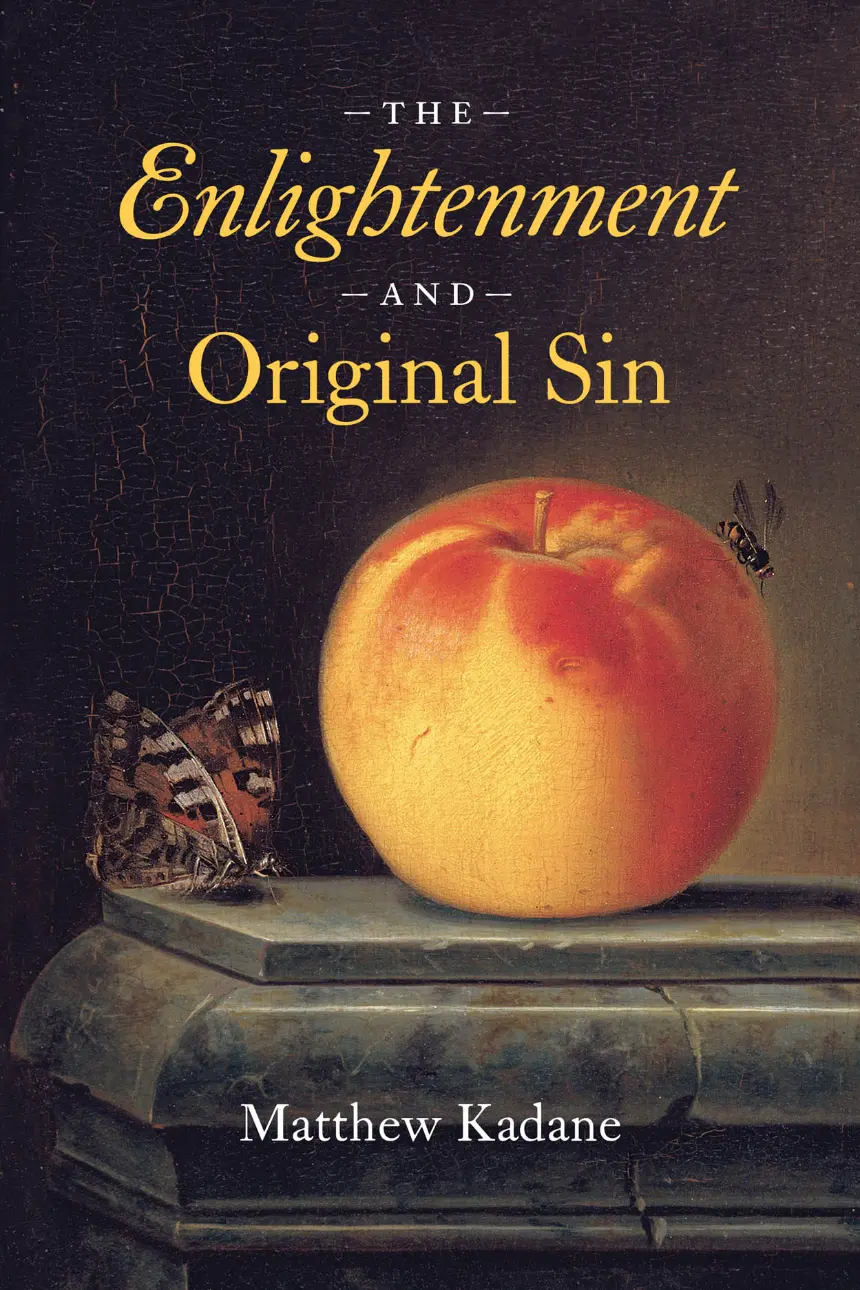
In The Enlightenment and Original Sin, published in May by the University of Chicago Press, he argues that the notoriously hard-to-define Enlightenment took coherent shape in opposition to the Christian doctrine of original sin. But he argues that same doctrine also helps explain the Enlightenment’s eventual contradictions, which rested on divergent faiths in human nature: an anthropological optimism came to justify the Enlightenment’s altruistic tendencies, while an anthro-pessimism, a naturalization rather than wholesale rejection of original sin, came to underpin its valorization of selfishness and the social and political theories that rely on that foundation.
The book considers major authors from the period, from enlighteners like Rousseau, Locke, and Voltaire to reactionaries like Bossuet and Maistre. But it largely approaches the story through its reconstruction of the life of an unknown figure, a ship’s purser named Pentecost Barker, who entered the historical record as an alcoholic Puritan and left it, soberly, as one of the Enlightenment’s staunchest defenders. As Kadane explains, intellectual historians need to look beyond the usual suspects and to more ordinary people, who, in their willingness to write about their emotional lives, offer rare clues about the motives behind personal ideological change.
In advance reviews of the book, Margaret Jacob of UCLA calls it “groundbreaking,” Jacob Soll of USC describes it “remarkably erudite” and “brilliant,” and David D. Hall of Harvard hails it as “a masterpiece of layered intellectual history.”
Kadane is also the author of The Watchful Clothier and numerous articles and essays have appeared in The American Historical Review, Past and Present, and other journals and edited books. Research for this newest book was supported by the Institute for Advanced Study in Princeton, a yearlong Mellon fellowship at the Huntington Library in California, and a grant from the National Endowment for the Humanities.

